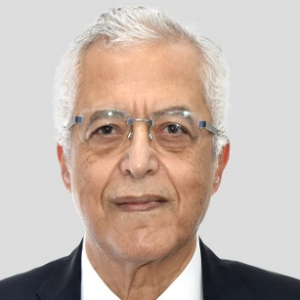Epithelial Reticular Cells
Epithelial Reticular Cells are specialized cells found within the thymus, a vital organ of the immune system located in the chest. These cells are primarily situated in the thymic medulla, one of the two main regions of the thymus, and are crucial for the maturation and selection of T lymphocytes, which play a central role in adaptive immunity. The main function of epithelial reticular cells is to create a structural framework within the thymus that supports the development and differentiation of T cells. They form a network of epithelial cells that provides physical support for developing thymocytes (immature T cells) as they undergo a complex process of education and selection. Epithelial reticular cells express a variety of surface molecules and present self-antigens to developing T cells during the process of negative selection. This crucial step ensures that T cells capable of recognizing and attacking the body's own cells are eliminated, preventing the development of autoimmune diseases. These cells also participate in the positive selection of T cells by presenting self-antigens, allowing the survival and maturation of T cells that can recognize foreign antigens presented by major histocompatibility complex molecules. Research on epithelial reticular cells is essential for understanding thymic function and immune system development. Dysregulation of these cells can contribute to immunodeficiency or autoimmune disorders. The intricate interplay between epithelial reticular cells and developing T cells highlights their pivotal role in shaping the immune repertoire and maintaining immune tolerance.

Nagy Habib
Imperial College London, United Kingdom
Lucie Bacakova
Institute of Physiology of the Czech Academy of Sciences, Czech Republic



Title : AI-integrated high-throughput tissue-chip for space-based biomanufacturing applications
Kunal Mitra, Florida Tech, United States
Title : Stem cell technologies to integrate biodesign related tissue engineering within the frame of cell based regenerative medicine: towards the preventive therapeutic and rehabilitative resources and benefits
Sergey Suchkov, N.D. Zelinskii Institute for Organic Chemistry of the Russian Academy of Sciences, Russian Federation
Title : In vitro evaluation of lyophilized Dedifferentiated Fat cells (DFAT) impregnated artificial dermis
Kazutaka Soejima, Nihon University, School of Medicine, Japan
Title :
Nagy Habib, Imperial College London, United Kingdom
Title :
Alexander Seifalian, Nanotechnology & Regenerative Medicine Commercialisation Centre, United Kingdom
Title : The regenerative medicine of the future
Marco Polettini, DVM, Italy